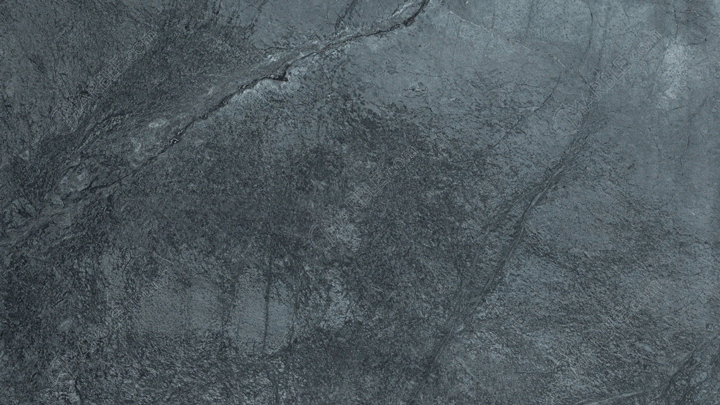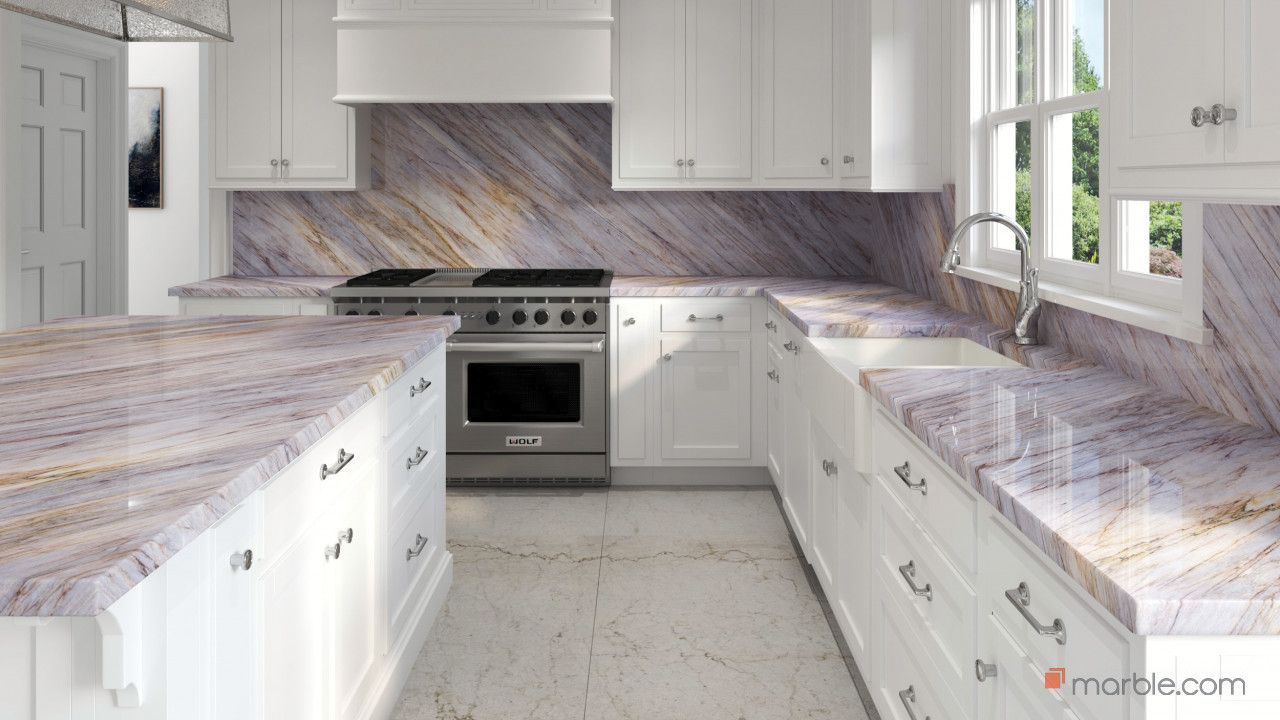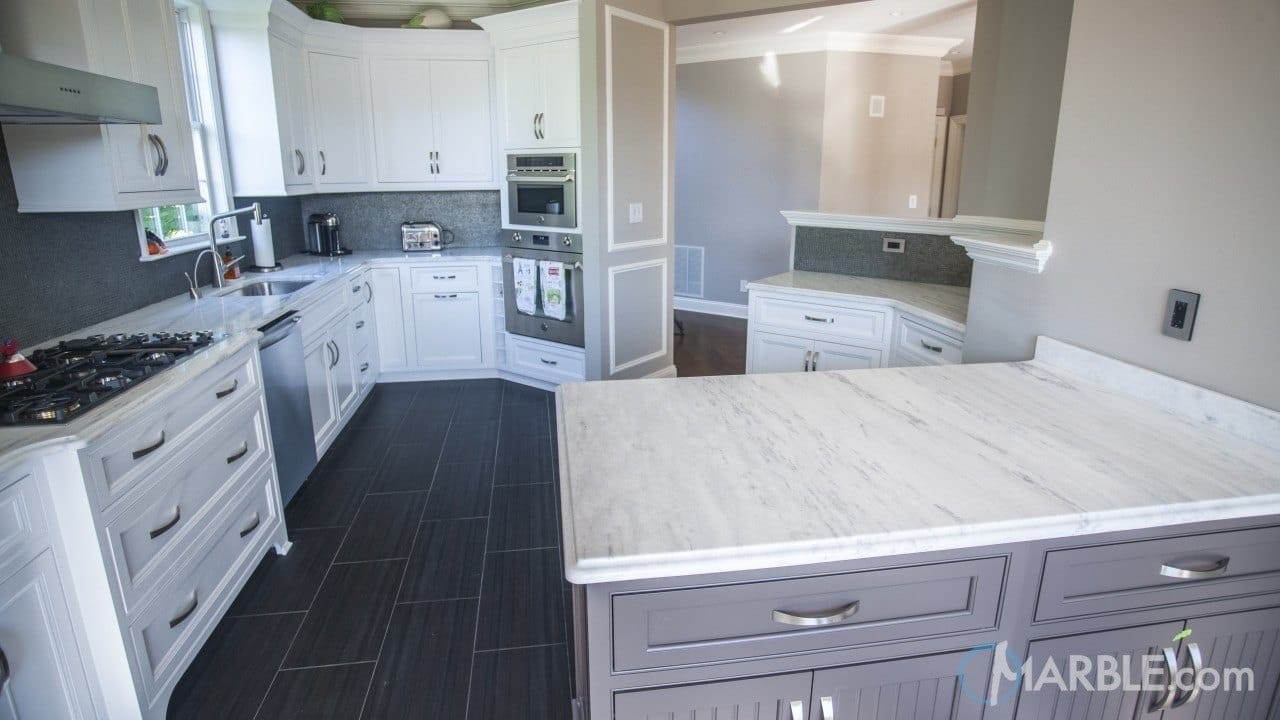
Table of Contents
When you are looking to buy a new countertop, you will notice that soapstone and granite are two of the most popular countertop materials you will find. But which one is better for your countertop?
Having any natural stone for your countertop makes your home instantly more appealing. Natural stone countertops are highly sought after and will raise the resale value of your home.
Beyond just countertops, there are many ways to incorporate natural stone into your home, including backsplashes, tables and flooring. Any way that natural stone is used will improve your home’s look. Natural stone can also increase the functionality of the area in which it is installed.
When you decide on the type of natural stone that is right for your home, there are several factors that you must give thought to. This guide will help you figure out whether soapstone or granite will be a better fit for your remodeling project.
[get_quote]
Comparisons of Soapstone and Granite
How Soapstone Forms
Soapstone forms from heat and pressure during tectonic plate subduction. The natural stone contains talc, which makes it soft. Different cuts of soapstone will contain varying degrees of talc. The higher the talc content in the soapstone, the softer it is. Soapstone has traditionally had many uses by different cultures. Because of its soft nature, it has often been used as a carving material. A notable example of this is Brazil’s “Christ the Redeemer” statue in Rio de Janeiro, which is faced with soapstone. Soapstone that contains lower amounts of talc is used to build home structures such as countertops.
Types of Soapstone
Soapstone does not have many different variations. However, there is slight variation in color between different types. All soapstone can be found in shades of gray, but some have hints of green, blue or black. The stone also naturally darkens as it ages. For those who want to speed up the process, your soapstone countertop can be treated with mineral oil to darken it quicker.
How Granite Forms
Granite forms underground when magma cools, allowing for large crystals of minerals to develop. These crystals give granite its color. It is a very popular material for use in home remodeling projects and is frequently used for kitchen and bathroom countertops. Many color variations of granite exist. In addition, the natural flecks and grains of the stone will create a unique and satisfying look. If you are looking for something bold and eye catching, you should consider green, blue or red granite. Each slab of granite varies in color over its surface, so each slab is unique. If you are looking to purchase granite countertops, Marble.com offers over 500 variations on its site.
Types of Granite
Granite can be found in many different styles and colors – some more muted and others on the bolder side. Either way, your granite countertops will look impressive.
Appearance
In terms of appearance, soapstone will give your countertops a stylish look. As mentioned, soapstone naturally darkens with age. If you want to make your soapstone countertops darker, you can treat them with mineral oil.
Granite has an elegant look, especially when used for a kitchen countertop. The natural stone is available in many different colors and will instantly add appeal to any section of the house where it is used.
As for which is more attractive, that is a matter of your opinion. That being said, granite will offer you many more styles than soapstone does.
Cost
Soapstone costs roughly $70 to $120 per square foot installed, making it pricier than many other natural stone countertop materials.
Also a high-quality natural stone, granite will not cost you as much soapstone. The material typically costs in the range of $40 to $100 per square foot installed.
If you are looking for a better idea of the cost of either soapstone or granite, you can use this Estimate Tool. If you are looking for which stone is easier on your budget, granite is your better choice.
[get_quote]
Maintenance
Soapstone requires very little maintenance. You can clean the countertop using any common household cleaners. However, if you apply the mineral oil treatment to the countertop, you should clean using just soap and water. Harsh cleaners may remove the mineral oil. Chemicals and acids will not cause any damage to a soapstone countertop. One thing to keep in mind is that you should not cut directly on the countertop’s surface, as the soapstone will be left with visible scratches.
Granite is known for being a very durable natural stone. However, this is not to say that the material is indestructible. You will need to take good care of your granite countertops if you do not want them to get damaged. You can clean the countertop using warm soapy water.
Your soapstone or granite countertops can last for years if you take care of them properly. Maintaining either surface is relatively easy.
Installation
You will need to hire a professional to install your soapstone countertops. Using a professional reduces the risk of any damages occurring during the installation process.
Much like the process for soapstone, you will need a professional to install your granite countertop. Having a professional do the job lowers the chances of any chipping or minor damages happening when the countertop is being installed.
Neither stone has an advantage over the other in terms of installation. Both require the assistance of a professional.
Durability
Soapstone is a very durable material. The natural stone is often used in laboratories because of its durability. Exercise caution when cutting anything on the surface by using a cutting board. Also be careful not to drop heavy items on the countertop.
Granite is one of the most durable stones you can find, which makes it a popular choice for kitchens. Although it will not get damaged from any sharp knives you use on the surface, you still should not cut directly on the countertop. Granite countertops are also heat resistant. A hot pot or pan will not cause damages. Be careful when handling heavy objects around the countertop. As durable as the natural stone is, it can chip or break if a heavy object falls on it – especially on the corners of the countertop.
Both soapstone and granite are great options for a durable countertop.
Moisture Resistance
A soapstone countertop is non-porous and does not need to be sealed. Keep in mind you should never intentionally leave spills sitting on the countertop.
Granite needs to be properly sealed. When it is, the countertop will be resistant to moisture and staining. However, if you spill something on the surface and it is not properly sealed, the liquid can get trapped in the surface and cause the stone to be compromised.
Because soapstone is non-porous, it has a slight advantage over granite because it will not need to be sealed.
Heat Resistance
A soapstone countertop can handle some heat, but you should not place hot pots or pans directly on the surface. When handling such items, you should use trivets or hot pads just to be safe.
Granite is also one of the most heat-resistant countertop materials you will find. Hot pots or pans placed on the surface will not cause any damages. Despite this, you always still want to exercise as much caution as possible when placing any hot items on your countertop. You should use trivets or hot pads if you can.
Although soapstone can take some heat, granite is the more heat resistant countertop option.
Repair
You can repair soapstone relatively easily, especially if the damages are minor. Minor damages can be sanded out. Soapstone does not require sealing.
You can find granite repair kits for fixing small chips or cracks in the surface. The stone’s natural flecked pattern will help mask any minor chips or cracks in the surface. Granite needs to be re-sealed roughly once a year.
Repair is another category that is relatively evenly matched between these two stones. Both are very easy to repair.
[get_quote]
Resale Value
Having any natural stone in your house will increase its resale value. Having soapstone is no different, as the material is highly sought after.
Granite can provide a financial benefit as well, as homeowners generally recover 100 percent or more of the installation costs when selling their home. However, granite is becoming more popular, meaning that it is beginning to lose its appeal of rarity. In addition, if you have granite that is an unusual color, it may lose value if it goes out of style.
Both soapstone and granite have a high resale value, meaning either material is a great investment for your home.
Where Should I Have Soapstone?
Soapstone works well in many different areas of the home. Whether it is utilized in the kitchen, bathroom or anywhere else, soapstone’s look and practical benefits will leave you pleased.
Where Should I Have Granite?
Granite also works well in multiple settings around the house. Because of the natural stone’s durability, granite can hold up well whether you use it in a kitchen, bathroom or any other room.
Installing soapstone or granite in your home has many benefits, from high quality looks to financial gains. No matter which material you choose, this guide will provide you with the knowledge you need before making any decision to purchase.
















 The article helped me immensely
The article helped me immensely
 I’m now more informed on the subject
I’m now more informed on the subject
 I have questions about Marble.com
I have questions about Marble.com
 The article was not accurate at all
The article was not accurate at all
 There is a serious lack of information
There is a serious lack of information
 I have questions about Marble.com
I have questions about Marble.com